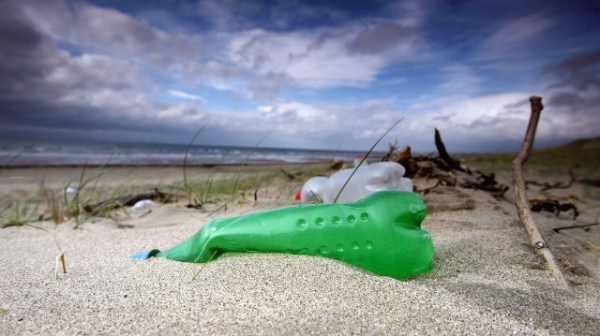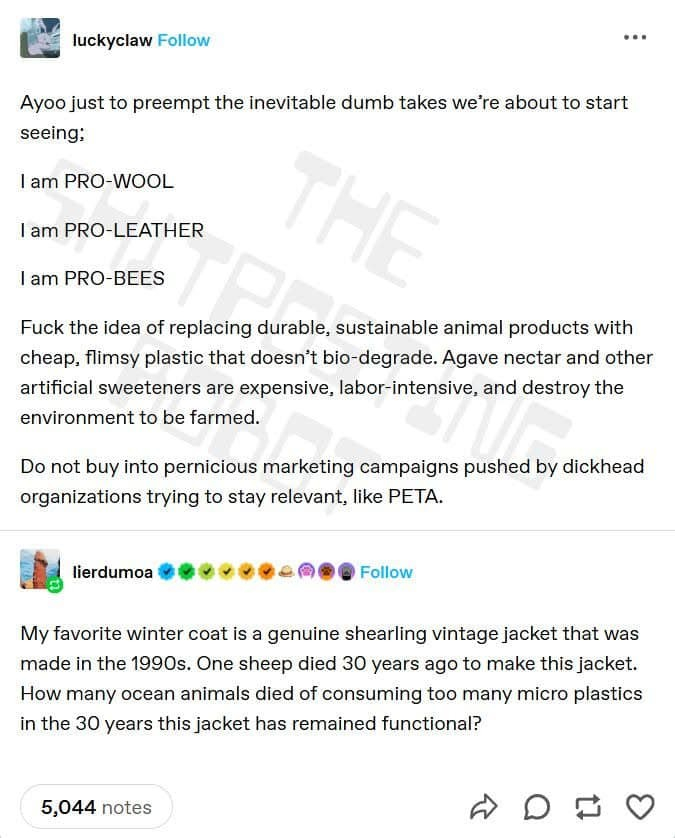Suche
Beiträge, die mit Microplastic getaggt sind
Microplastics found in multiple human organ tissues correlated with lesions
The studies documented particles detected in skin, arteries, veins, thrombi, bone marrow, testes, semen, uterus, and placenta. MNPs were found in the digestive system, from saliva to feces, liver, and gallstones.#human #organism #health #healthcare #microplastic #problem #study
Within the respiratory system, MNPs were everywhere, including lung tissue, with microscopic fibers common in bronchoalveolar lavage fluid and sputum.
Positive correlations emerged between particle abundance and specific disorders, such as inflammatory bowel disease, thrombosis, cervical cancer, and uterine fibroids.
Microplastics found in multiple human organ tissues correlated with lesions
Research led by Zhejiang Agriculture and Forestry University in China has performed a metadata investigation into the presence of microplastics in humans.Justin Jackson (Phys.org)
The #plastic paradox: How plastics went from #elephant saviors to eco-villains
Do the benefits of plastics outweigh the costs?
January 23, 2024
"It was 1869, and something needed to be done.
"With the price of #ivory skyrocketing, billiard ball manufacturers were scrambling for an alternative. The prized material derived from #ElephantTusks was being used to craft such things as knife handles, piano keys, dice, dominoes, chessmen, and yes, billiard balls. Now, with elephants growing scarce from overhunting, the wonder material was becoming difficult to procure and unreasonably expensive. After all, one tusk would yield just four or five balls. Leading pool table manufacturer Phelan and Collender offered $10,000 ($225,000 today) to any inventor who could discover a replacement for ivory.
"Albany inventor John Wesley Hyatt answered the call, molding together camphor, nitrocellulose, and alcohol under extreme pressure. His concoction, called #celluloid, was one of the first synthetic plastics. While Hyatt’s creation proved an unwieldy material for billiard balls — insufficiently durable and mildly explosive when struck — it inspired others to formulate something better. A few decades later, American chemist Leo Baekeland came up with the petroleum-derived #Bakelite. It became the first commercially successful synthetic plastic, and very likely saved elephants from extinction.
"More than a century later, this story has morphed into an intriguing irony…With their creation, plastics probably saved countless species — both plants and animals — from extinction. Derived from byproducts of #FossilFuel production, which had previously gone unused, the invention of synthetic plastics meant that humans no longer had to pillage the living #NaturalWorld to produce various products for a technologically advancing global society. Fast-forward to today: Plastics are demonized for eroding the environment and endangering human health, prompting many to wonder if we’d be better off without them."
Read more / listen:
https://bigthink.com/the-present/plastics-costs-benefits-paradox/?utm_source=pocket-newtab-en-us
#Health #Plastic
#Toxic #ToxicChemicals #Environment #Microplastic #Pollution #Paradox
Do the benefits of plastics outweigh the costs?
January 23, 2024
"It was 1869, and something needed to be done.
"With the price of #ivory skyrocketing, billiard ball manufacturers were scrambling for an alternative. The prized material derived from #ElephantTusks was being used to craft such things as knife handles, piano keys, dice, dominoes, chessmen, and yes, billiard balls. Now, with elephants growing scarce from overhunting, the wonder material was becoming difficult to procure and unreasonably expensive. After all, one tusk would yield just four or five balls. Leading pool table manufacturer Phelan and Collender offered $10,000 ($225,000 today) to any inventor who could discover a replacement for ivory.
"Albany inventor John Wesley Hyatt answered the call, molding together camphor, nitrocellulose, and alcohol under extreme pressure. His concoction, called #celluloid, was one of the first synthetic plastics. While Hyatt’s creation proved an unwieldy material for billiard balls — insufficiently durable and mildly explosive when struck — it inspired others to formulate something better. A few decades later, American chemist Leo Baekeland came up with the petroleum-derived #Bakelite. It became the first commercially successful synthetic plastic, and very likely saved elephants from extinction.
"More than a century later, this story has morphed into an intriguing irony…With their creation, plastics probably saved countless species — both plants and animals — from extinction. Derived from byproducts of #FossilFuel production, which had previously gone unused, the invention of synthetic plastics meant that humans no longer had to pillage the living #NaturalWorld to produce various products for a technologically advancing global society. Fast-forward to today: Plastics are demonized for eroding the environment and endangering human health, prompting many to wonder if we’d be better off without them."
Read more / listen:
https://bigthink.com/the-present/plastics-costs-benefits-paradox/?utm_source=pocket-newtab-en-us
#Health #Plastic
#Toxic #ToxicChemicals #Environment #Microplastic #Pollution #Paradox
So, unfollow or block me if you will, but this is so true! #Pleather is #Microplastic pollution! Yes, #Leather is made from skin of animals, but IT LASTS! And it doesn't cause microplastic pollution! And it can be tanned sustainably (I've done it with acorns). If animals are going to be killed (and yes, whether for meat or old age, animals will die) -- it's better to utilize them fully rather than use #Plastics!
#ProWool #ProLeather #ProBees
#ProWool #ProLeather #ProBees



